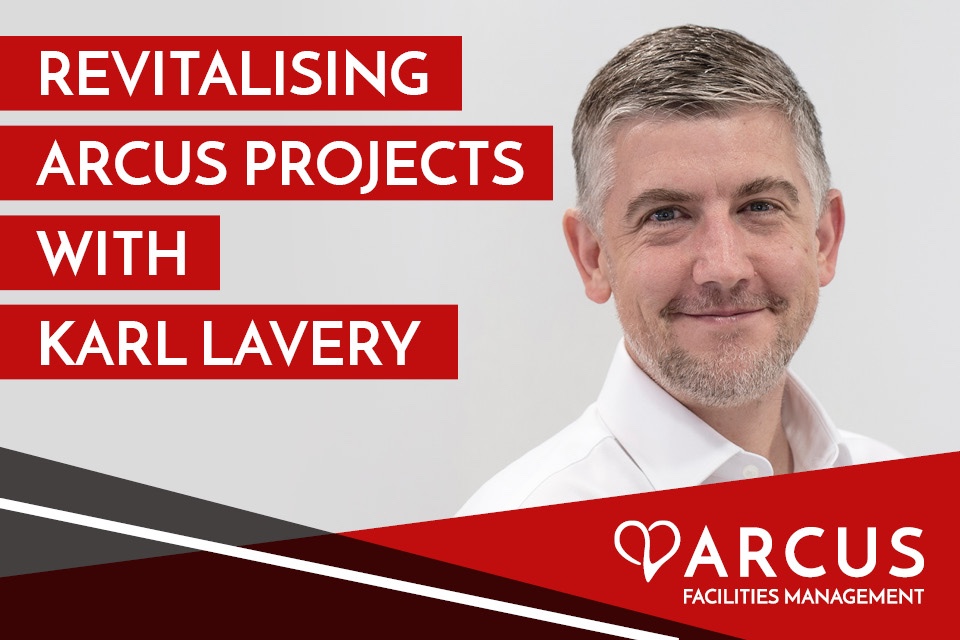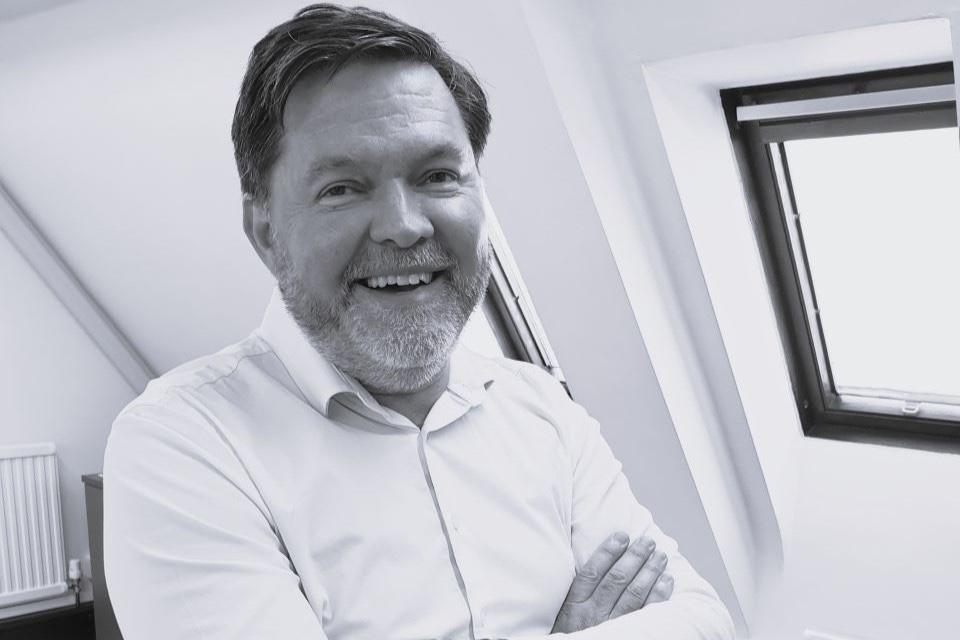 Planon’s Solution Product Marketeer Richard Bellairs (pictured, right) and his colleagues recently hosted a webinar, ‘The impact of smart building technology on the future of work’. Here FM Briefing talks to Richard about the themes and issues covered in the webinar, along with wider industry opportunities and trends…
Planon’s Solution Product Marketeer Richard Bellairs (pictured, right) and his colleagues recently hosted a webinar, ‘The impact of smart building technology on the future of work’. Here FM Briefing talks to Richard about the themes and issues covered in the webinar, along with wider industry opportunities and trends…
Tell us about your company, products, and services.
Planon is the leading global provider of Smart Sustainable Building Management software. This means we connect buildings, people, and processes. We generate unique insights for decision makers and reduce costs by automating facility management processes.
Consistently rated as the global leader in our field by independent market analysts, we have over 2,500 customers, and an extensive partner ecosystem around the world.
What have been the biggest challenges the FM industry has faced over the past 12 months?
The past 12 months have arguably been the most challenging period ever for the FM industry. Only a year ago we were managing our facilities according to various COVID protocols. As those requirements moved away, we faced uncertainties about the number of people returning to work in our buildings. We have a serious skills shortage. Many people left the profession during the pandemic, and it’s hard to replace them. And now, as we need to adapt workplaces to meet the needs of hybrid working models, high inflation and interest rates are putting the brakes on investment.
Energy bills are rising and so today’s big question for FM professionals is: how do we strike a balance between efficiency and workplace experience? The cheapest, most sustainable office is a closed one, but we must facilitate and stimulate the kinds of interpersonal relationships and interactions we’ve missed during the lockdowns of the last two years.
And what are the biggest opportunities?
The great thing is that everyone now accepts that we must make changes. There is more agreement that the changes FM professionals pushed for in the past are not just ‘nice-to-haves’, but important contributors to successful organisations. Senior managers see the value in providing a great work experience to attract and retain the best staff.
And while doing this we can transform workplaces to be more sustainable and energy efficient.
The biggest opportunities are:
- To work alongside HR, developing an integrated approach with FM as a key component in delivering a word-class employee experience.
- To configure and design spaces to suit different and changing tasks, work styles, preferences, and user demographics.
- To use technology to capture data and analyse how buildings are really used, to detect opportunities for energy saving, without harming the office experience.
What will be the biggest priority for the FM industry in 2023?
Without people we don’t have an industry, so the biggest priority must be to invest in our human capital. Retain great people and invest in their training and personal development. Recruiting people into the industry is difficult now, so we need to promote how FM can offer a rewarding career path.
What are the main trends you are expecting to see in the market in 2023?
On the one hand, the uncertain economic climate will bring the primary focus back to efficiency and energy savings, so I think the main trends will be related to doing more things better, with fewer resources. This means smart building analytics and process automation will grow in importance during 2023. On the other, more on the soft side – our society is changing – for example, Diversity, Equity & Inclusion (DEI) becomes more established and so is our population of co-workers. This will lead to different workstyles, preferences, and behaviours we’re expected to enable.
What technology is going to have the biggest impact on the market this year?
There is a vast array of technologies used by the FM sector. And it’s not necessarily the newest technologies that will have the biggest impact. If I think about the opportunities, priorities and trends already mentioned, then the time has come for easy to use, cloud-based systems that gather data and make it available for FM teams to make the best decisions, automate daily operations, and provide an optimum experience for building users. I think the latest generation of CAFM/IWMS systems will have the biggest impact.
In 2025 we’ll all be talking about…?
Nuclear fusion. The world needs this to meet its energy needs.
Which person in, or associated with, the FM industry would you most like to meet?
It’d be great to meet Neil Usher, Chief Workplace and Change Strategist at GoSpace
What’s the most surprising thing you’ve learnt about the FM sector?
The FM sector is about people using spaces. The cogs of FM are turning in the background of almost everything people do. What surprises me is how most people outside the industry don’t realise the importance and impact of the sector.
You go to the bar at the Facilities Management Summit – what’s your tipple of choice?
Gin and tonic.
What’s the most exciting thing about your job?
Seeing new customers adopt the technology we bring to market.
And what’s the most challenging?
Identifying where to invest our budget to deliver the greatest value to customers.
What’s the best piece of advice you’ve ever been given?
Always make sure your belt is the same colour as your shoes.
City or United?
City 🙂
Richard and his colleagues recently hosted a webinar, ‘The impact of smart building technology on the future of work’. Click here to watch the recording.









